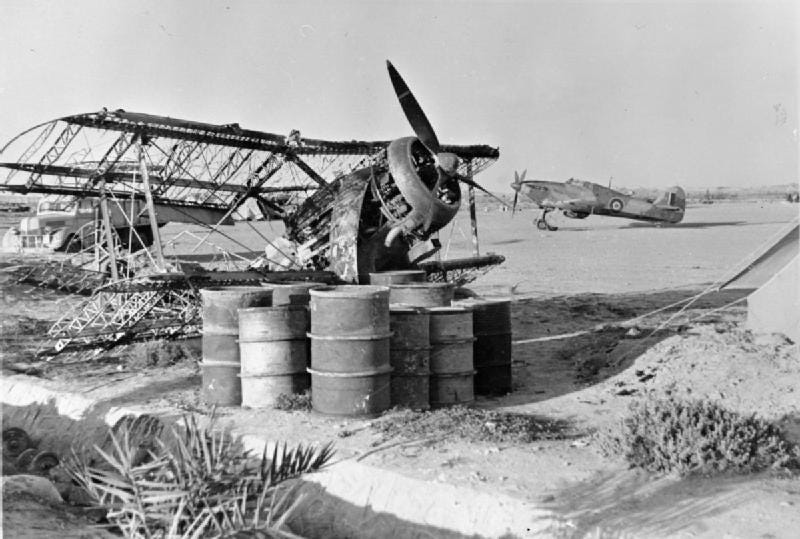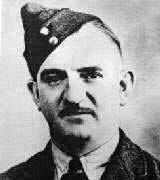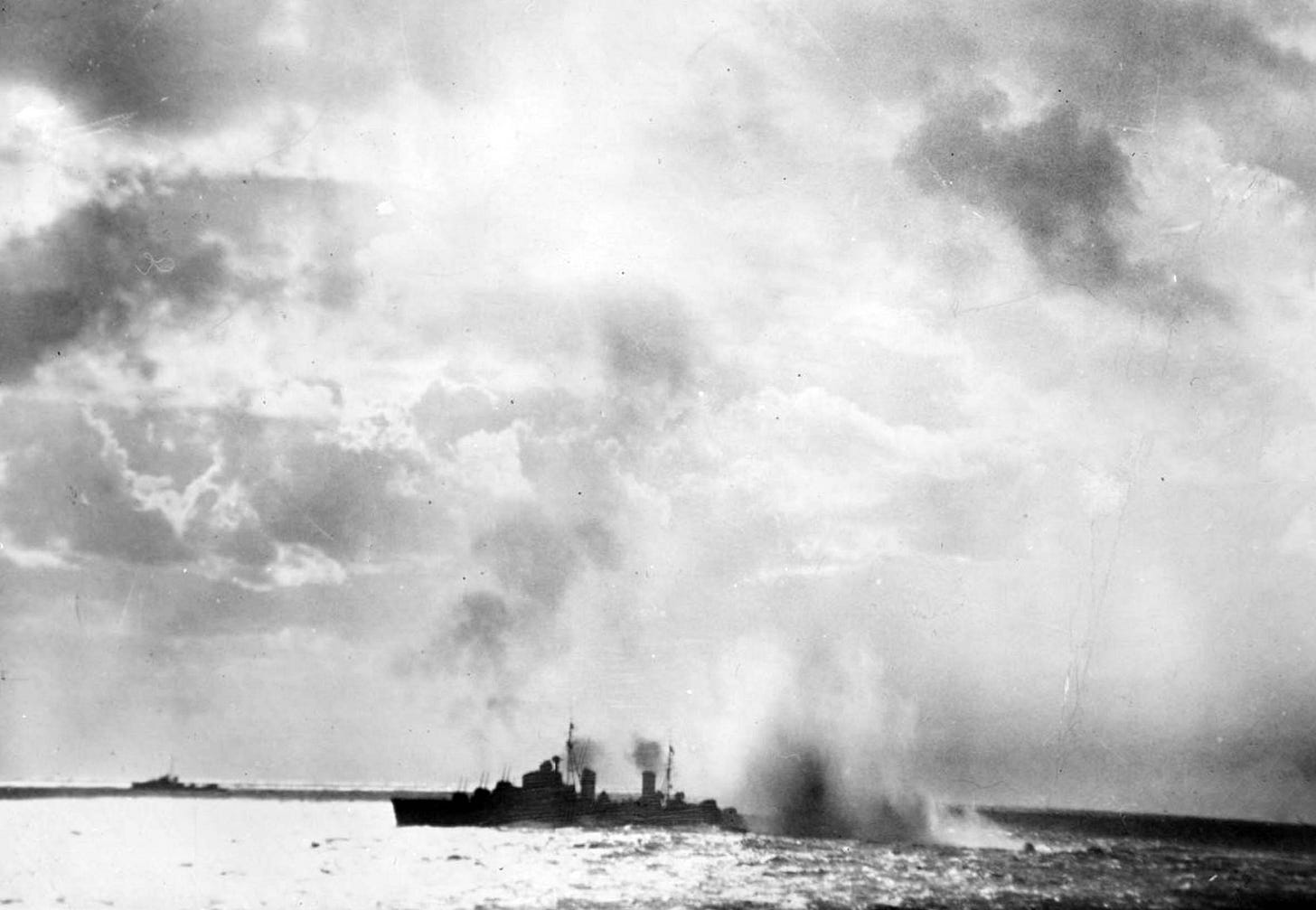The heroic defence of Malta's airfields
2nd April 1942: German and Italian bombing of Malta intensifies as the British seek to defend this key staging post in the Mediterranean



The Germans were now stepping up their bombing of Malta as a prelude to a planned invasion. The British struggled to keep the island supplied - every attempt to bring munitions and basic foodstuffs meant a long convoy run accompanied by inevitable air attacks on all the ships involved.
On the island itself morale remained high despite the daily bombing and a much reduced diet for servicemen and civilians alike.
Early in the war the King had instituted the George Cross to rank alongside the Victoria Cross for 'acts of the greatest heroism or of the most conspicuous courage in circumstances of extreme danger' where the action was not 'in the face of the enemy'.

The KING has been graciously pleased to approve the posthumous award of the GEORGE CROSS to: -
1058637 Leading Aircraftman Albert Matthew Osborne, Royal Air Force.
During a period of fierce enemy air attacks on Malta, Leading Aircraftman Osborne has displayed unsurpassed courage and devotion to duty. In circumstances of the greatest danger he was always first at hand to deal with emergencies, whether in fire fighting operations or in rescue work. The following are examples of his promptitude and gallantry:
‘The Air Officer Commanding, Royal Air Force Mediterranean, has stated that he was " one of the bravest airmen it has been my privilege to meet ".’
Rendered safe the torpedo of a burning torpedo aircraft, working 3 feet from the main petrol tank for ten minutes.
Extinguished a burning aircraft during a heavy bombing attack.
Attempted to save a burning aircraft and subsequently removed torpedoes from the vicinity.
Assisted in saving the pilot of a burning aircraft and extinguishing the fire.
Saved an aircraft from destruction by fire.
Attempted for six hours to extricate airmen from a bombed shelter, despite continued heavy bombing and . danger, from - falling stone-work.
Fought fires in two aircraft, his efforts resulting in the saving of one.
Freed the parachute of a burning flare caught in an aircraft, enabling the pilot to taxy clear.
Checked the fire in a burning aircraft, the greater part of which was undamaged.
The last three incidents occurred on the same day. Leading Aircraftman Osborne was unfortunately killed on 2nd April, 1942. During an intense, air attack he led a party to extinguish the flames of a burning aircraft. A petrol tank exploded and he was injured and affected by the fumes. On recovery, he returned to fight the fire and was killed by the explosion of an air vessel while attempting to pour water over torpedoes which were in danger of exploding.
This airman's fearless courage and great leadership on all occasions have been beyond praise. The Air Officer Commanding, Royal Air Force Mediterranean, has stated that he was " one of the bravest airmen it has been my privilege to meet ".
The Maltese airfields and naval bases were far from being the only targets and many civilians died during widespread bombing.



